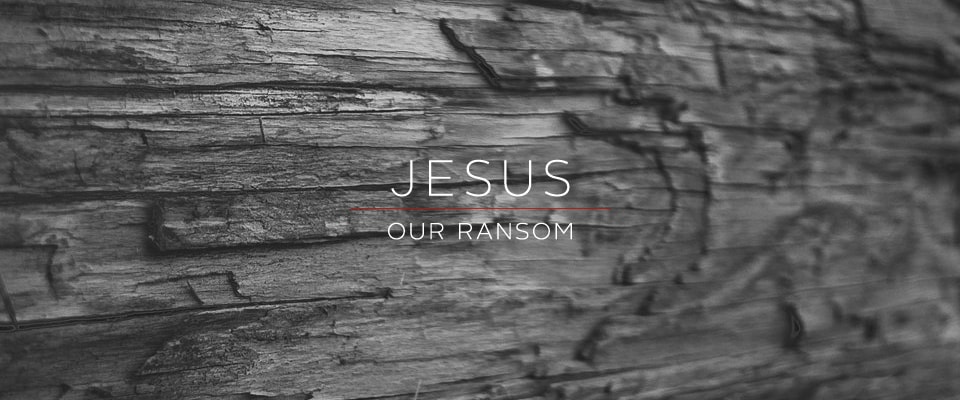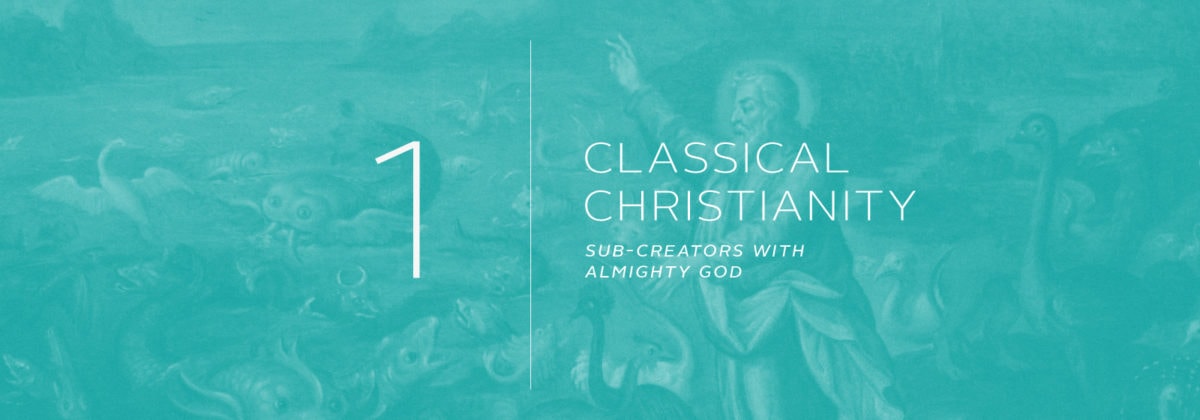Death ravages us. The gospel of Mark is keenly in-tune with this power of death. The shadow of death looms over almost every narrative. Unclean spirits, demoniacs, illnesses, suffering, children dying, selfishness, the misuse of power—all of these struggles show us that death is not solely the end of life, it is a disruptive power. It fractures life and robs us of wholeness. The following passage is arguably one of the most important passages not only in Mark but also in the New Testament. Mark 10:45, “The Son of Man came not to be served but to serve, and to give his life as a ransom for many.”
This is a passage about death, about the death of Jesus.
Jesus came to die in the place of others. And he took their place as a ransom. A payment that secured release, be it from slavery or captivity. Its an exchange: this for that. Take this and release to me that. It’s a costly intervention. Consider what Psalm 49:7-9 has to say about the price of a ransom, “Truly no man can ransom another, or give to God the price of his life, for the ransom of their life is costly and can never suffice, that he should live on forever and never see the pit.
No man could ever offer the price required to ransom another’s life from the inevitable, from death. The Psalmist admits despairingly that, “death shall be their shepherd.” The shadow of death reigns, it directs human life with its disruptive power. It’s our shepherd, leading us towards brokenness and decay, tarnishing relationships, and infusing life with suffering. Death is our shepherd. It’s scary. But theres a turning point at the end of the Psalm, a turning towards hope. The Psalmist writes, “But God will ransom my soul from the power of [death].”
So, Jesus gives his life as our ransom. And this is how God ransoms our souls from the power of death, from death being our shepherd. This is what the death of Jesus does. Now, Mark isn’t the least bit concerned about who the ransom is paid to—despite how occupied scholars can be with this question. What is clear, and what is important, is how great a price was paid. A price no one but God himself could pay. And, it cost God—it costs God dearly—to free the ransomed. It costs his only Beloved Son. This is how much God is willing to pay!
The cross is the ultimate revelation of God’s character. God must and will deal justly with our sin. But Jesus on the cross shows us that God’s love knows no bounds, that there is no place that God wouldn’t go to set humanity back to rights with himself—even death on a cross. And on the cross, in our place, God absorbs the offense, he takes on our sin, and he demonstrates his forgiveness in such a profound way.
We will never fully understand or comprehend what happened on the cross. We can’t dissect the mechanics of it. But we are meant to encounter Christ’s death. And when we encounter it, we either receive it or reject it. We can receive the meaning of his death and receive the forgiveness of our sins, and the ransom payment of Jesus which sets us free from death. Or we don’t. When we resist it, when you consider it foolish, irrelevant, or too much; you actually refuse the power of God.
When we accept Jesus’ death on our behalf, our hearts have to be humbled. We have to admit that we need Jesus to take our place before God. Because if we attempt to stand before God on our own two legs we know we will be cut down. Because God is holy, and his holiness reveals how far we have fallen. And yet the death of Jesus shows us that Jesus will come to the depths of our fallenness to bring us back to God.
Accepting what Jesus did in our place—for us—means that death is no longer our shepherd. As Jesus says in the gospel of John, “I am the good shepherd. The good shepherd lays down his life for his sheep.” Death no longer reigns over us, because our sins have been dealt with and atoned for by Jesus’ death. We are forgiven! We are ransomed from the power of death, and freed for new life.
As our good shepherd Jesus leads us in the way of life, not the way of death. Jesus is life. To live as he lived, to serve as he served only comes through him serving us. If you’re going to follow in the way of Jesus—the costly, sacrificial way of Jesus—the only way it is going to happen is in him.
Jesus offers us not a model, but power to do what he does. The only power we have is not our own, but Jesus serving us. He has served us in the ultimate way, and he continues to serve us and grant us power to follow him.
As we accept his death, as we put our faith and trust in him, we are unified with him. His death is our death. His life is our life. We die with him. But in dying with him we receive the power of his resurrected life. And it is his resurrected life that defeated the grave, and the power of death.
We get to live with God through Jesus who continually serves us for our good.
There is nothing in the world more powerful than that.




